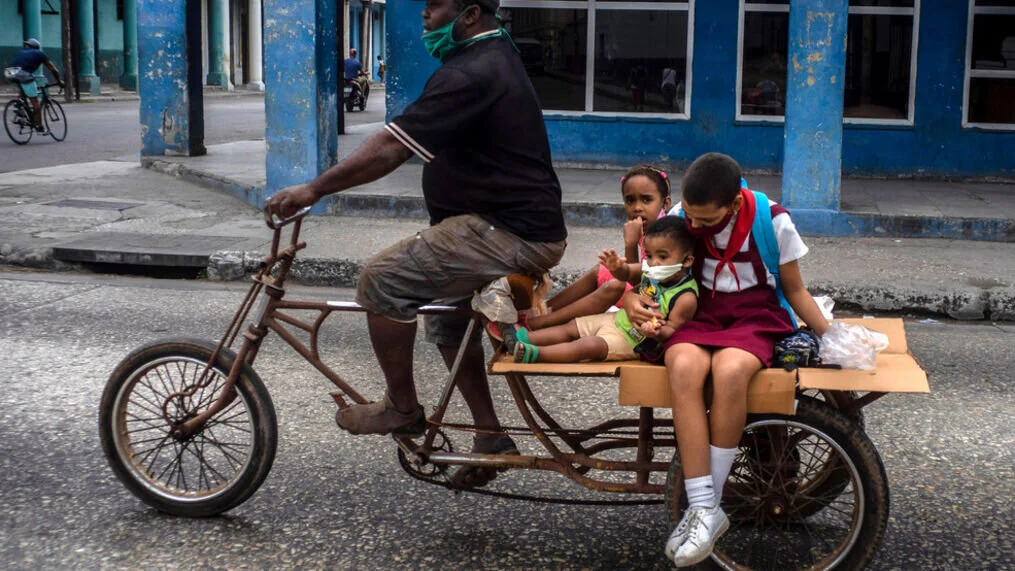Cuban Vaccine Set to Launch in April
Cubans continue to face COVID-19. (WHAM13)
Cuba prepares to distribute 150,000 doses of its COVID-19 vaccine this April following four vaccine trials set in motion in January through the Finlay Vaccine Institute (FVI). Cuba further plans to develop around 100 million doses and vaccinate its entire population by the end of 2021.
The Cuban government entered a partnership with Iran early this January to begin testing its most advanced vaccine candidate, Sovereign 2. Iranian Supreme Leader Ayatollah Ali Khamenei stated that vaccines produced in the United States and United Kingdoms are too “untrustworthy” to stop the virus. Under heavy sanctions from the United States, both countries now look for vaccine alternatives. Mansoureh Mills, an expert from Amnesty International, strongly voiced disagreement with Iran’s vaccine import ban but admitted to its consistency with the state’s past policy.
Mexico currently hopes to join Iran and Cuba in order to host a trial of Sovereign 2. Only 0.5 percent of Mexicans received their first vaccine dosage as of February 14, so Mexican President Andrés Manuel López Obrador directed the Mexican government to begin negotiations with other companies and countries such as China and Russia in order to acquire more vaccines. Jose Moya, a Cuban representative of the Pan American Health Organization, stated that Cuba’s efforts could help vulnerable groups in Latin America, such as the elderly indigenous communities.
Cuba’s economy has struggled due to the pandemic: the reduction of tourism has led to an almost 11 percent contraction in the economy. These economic struggles eventually created one of the worst food shortages in Cuba in 25 years. Alongside this, remittances, monetary gifts sent from abroad to Cuban citizens, began to significantly decrease. In 2017, it was estimated that remittances accounted for $6.57 billion. This decrease is primarily due to Cuba’s response to United States’s sanctions placed on Fincimex, a Cuban owned firm. The sanctions of this firm prompted the Cuban government to close Western Union that processed remittances. As such, many experts see economic incentives as a driving force for the vaccine.
A significant barrier to the success of Sovereign 2 is a lack of public data. For example, researchers may contest later stage trials from skepticism of low transmission rates in Cuba. The government may also find it difficult to purchase raw materials for production after a hit to the economy. Alongside this, there is a significant lack of data from Phases 1 and 2 of the vaccine. For the WHO to approve the vaccine, Phase 3 of the vaccine would require a 50 percent success rate.

